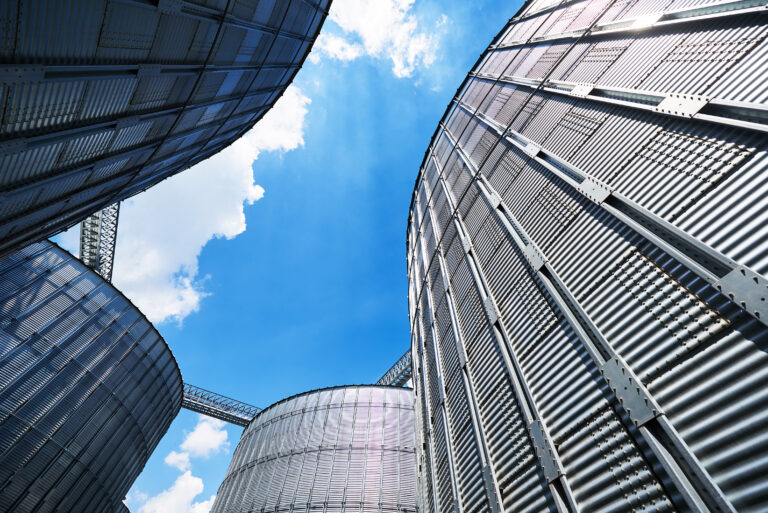Cement plays a crucial role in the construction industry, serving as the backbone of infrastructure development. In Africa, where urbanization and economic growth are on the rise, cement plants are significant contributors to the region’s development. This article explores the top ten largest cement plants in Africa, highlighting their production capacity, technological advancements, and contributions to the local economies.
- Dangote Cement, Nigeria: Dangote Cement, situated in Nigeria, holds the title of Africa’s largest cement plant. With an annual production capacity of over 45 million metric tons, it has cement plants in several African countries. Dangote Cement is renowned for its state-of-the-art production facilities and commitment to quality, making it a dominant player in the industry.
- Pretoria Portland Cement (PPC), South Africa: PPC, based in South Africa, boasts a production capacity of approximately 11.5 million metric tons per year. With a rich history spanning over a century, PPC has continuously adapted to technological advancements and sustainable practices. The company’s cement plants are strategically located, catering to various regions across Southern Africa.
- LafargeHolcim, Algeria: LafargeHolcim’s cement plant in Algeria is one of the largest on the continent, with an annual production capacity of around 12 million metric tons. The plant incorporates advanced technologies to ensure efficient and sustainable cement production. LafargeHolcim has a strong presence in Algeria and contributes significantly to the local economy.
- Titan Cement Company, Egypt: Egypt is home to one of Africa’s largest cement plants, owned by the Titan Cement Company. With a production capacity of approximately 12 million metric tons per year, the plant employs cutting-edge technologies for enhanced productivity and environmental sustainability. Titan Cement Company’s operations provide employment opportunities and contribute to Egypt’s economic growth.
- Bamburi Cement, Kenya: Bamburi Cement, located in Kenya, is a major player in East Africa’s cement industry. With an annual production capacity of around 3.2 million metric tons, the company produces a wide range of cement products tailored to meet diverse construction needs. Bamburi Cement actively participates in sustainable initiatives and community development projects.
- Medcem Cement, Algeria: Medcem Cement, situated in Algeria, operates a cement plant with a capacity of approximately 10 million metric tons per year. The plant utilizes advanced technologies to optimize production efficiency and minimize environmental impact. Medcem Cement contributes significantly to Algeria’s construction industry and job creation.
- PPC Zimbabwe: PPC’s cement plant in Zimbabwe stands as one of the country’s largest, with an annual production capacity of around 1.4 million metric tons. The plant adheres to stringent quality standards and contributes to the local economy through employment generation and infrastructure development.
- Cimaf, Senegal: Cimaf, a subsidiary of the Addoha Group, operates a cement plant in Senegal with a capacity of approximately 1.2 million metric tons per year. The company’s focus on environmentally friendly practices and commitment to sustainable development aligns with Senegal’s goals of promoting a green economy.
- Savannah Cement, Kenya: Savannah Cement, located in Kenya, is a prominent cement manufacturer with an annual production capacity of around 1.5 million metric tons. The company’s modern production facilities incorporate energy-efficient technologies and emphasize environmental stewardship. Savannah Cement actively contributes to Kenya’s infrastructure growth and employment generation.
- Ciments de l’Afrique (CIMAF), Ivory Coast: CIMAF’s cement plant in Ivory Coast has an annual production capacity of approximately 1 million metric tons. The plant adheres to strict quality standards and adopts eco-friendly practices. CIMAF’s operations bolster Ivory Coast’s construction industry and foster economic development.
These ten largest cement plants in Africa represent the industry’s commitment to meeting the growing demands of infrastructure development across the continent. From Nigeria to Ivory Coast, these cement plants have invested in advanced technologies, sustainable practices, and local economies, driving job creation and fostering economic growth. As Africa continues to witness urbanization and construction expansion, these cement plants will play a crucial role in shaping the continent’s future.



